Global Certificate in P2 Courses IAP2 Certificate in Public Participation – We are very excited to be launching the next evolution of training that builds on our foundational best practices. Our flagship Foundations training program has been updated and now consists of three core courses. Visit our training calendar to register for updated course offerings. IAP2 USA's Certificate in Public Participation (P2) consists of 3 core courses - Fundamentals of Public Participation, Designing Public Participation, and Applying Methods. Based on IAP2's internationally recognized Global Learning Pathway, this professional development certificate program builds on the foundations of public participation training and best practices from around the globe to provide participants with approximately 30 hours of effective training in public participation and engagement.
|
| Fundamentals of Public Participation(Prerequisite to other courses)
Who: For all practitioners This course:
|
| Designing Public ParticipationWho: For practitioners who are leading the planning and implementation of public participation processes This course:
|
| Applying Methods
Who: For practitioners who are part of a team implementing a public participation process and are looking for the practical skills to be effective in designing and applying methods. This course:
|
IAP2 Licensed Trainers |
IAP2 USA Trainers are among the most dedicated, experienced and welcoming trainers in the world. Many volunteered as course developers for the Flagship Courses, collaborators in the formation of the IAP2 Federation, and leaders in launching the IAP2 USA Affiliate. Learn more about the History of IAP2 USA and Get Involved!
For the complete schedule of upcoming trainings and events, please visit our Events Calendar. In addition, the IAP2 Federation maintains a global calendar of public IAP2 training programs.

.jpg)

